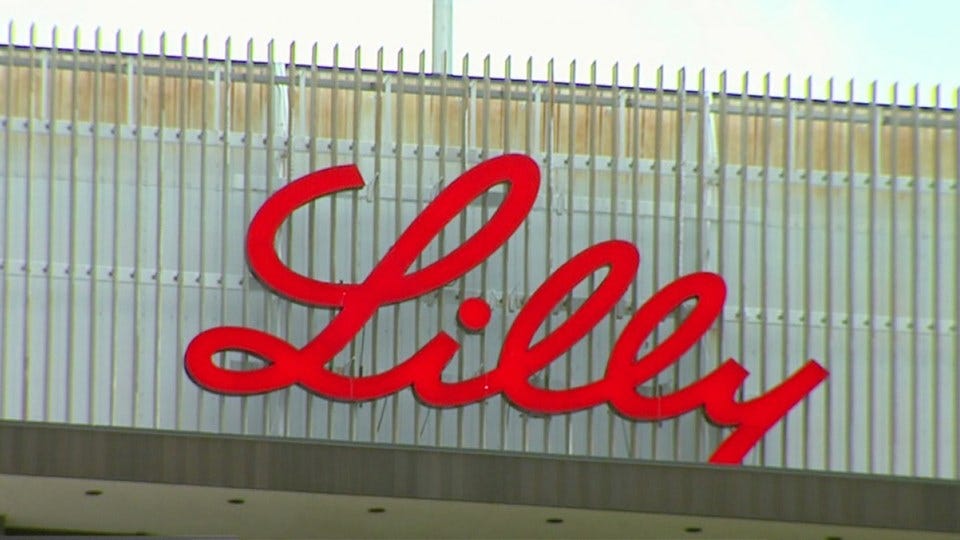Lilly Touts Antibody Treatment Success in Nursing Homes
 (WISH-TV Photo)
(WISH-TV Photo)
Subscriber Benefit
As a subscriber you can listen to articles at work, in the car, or while you work out. Subscribe NowIndianapolis-based Eli Lilly and Co. (NYSE: LLY) says its COVID-19 antibody therapy is showing success in reducing the risk of contracting the disease among residents and staff of long-term care facilities. The company has released the results of a Phase 3 trial conducted in partnership with the National Institute of Allergy and Infectious Diseases.
Lilly says the BLAZE-2 COVID-19 prevention trial enrolled nearly 1,100 residents and staff at skilled nursing and assisted living facilities throughout the country. Of the participants, 965 tested negative for the virus that causes COVID-19 at the beginning of the trial.
After eight weeks, Lilly says there was a significantly lower frequency of symptomatic COVID-19 among those who received bamlanivimab, compared to those who received placebo. The results, according to the company, show residents who receive the treatment have up to an 80% lower risk of contracting COVID-19 compared to residents in the same facility who receive placebo.
“We are exceptionally pleased with these positive results, which showed bamlanivimab was able to help prevent COVID-19, substantially reducing symptomatic disease among nursing home residents, some of the most vulnerable members of our society,” said Dr. Daniel Skovronsky, chief scientific officer for Lilly and president of Lilly Research Laboratories. “These data provide important additional clinical evidence regarding the use of bamlanivimab to fight COVID-19 and strengthen our conviction that monoclonal antibodies such as bamlanivimab can play a critical role in turning the tide of this pandemic.”
During the study, eight residents ended up dying from COVID-19. Lilly says each of those participants received placebo and there were no COVID-19 attributed deaths among those who received bamlanivimab.
An independent data and safety monitoring board found the trial’s results were consistent with the Phase 1 and Phase 2 trials. Lilly says BLAZE-2 was a first-of-its-kind trial designed to evaluate the population among long-term care facilities.
“We’re glad bamlanivimab is already available as a treatment for patients at high risk for progressing to severe COVID-19 illness or hospitalization, including those in nursing homes, and look forward to working with regulators to explore expanding the emergency use authorization to prevent the spread of COVID-19 in these facilities,” said Skovronsky.
In November, Lilly received an Emergency Use Authorization for bamlanivimab from the U.S. Food and Drug Administration for the treatment of mild-to-moderate COVID-19 in high-risk patients.
